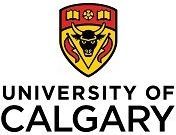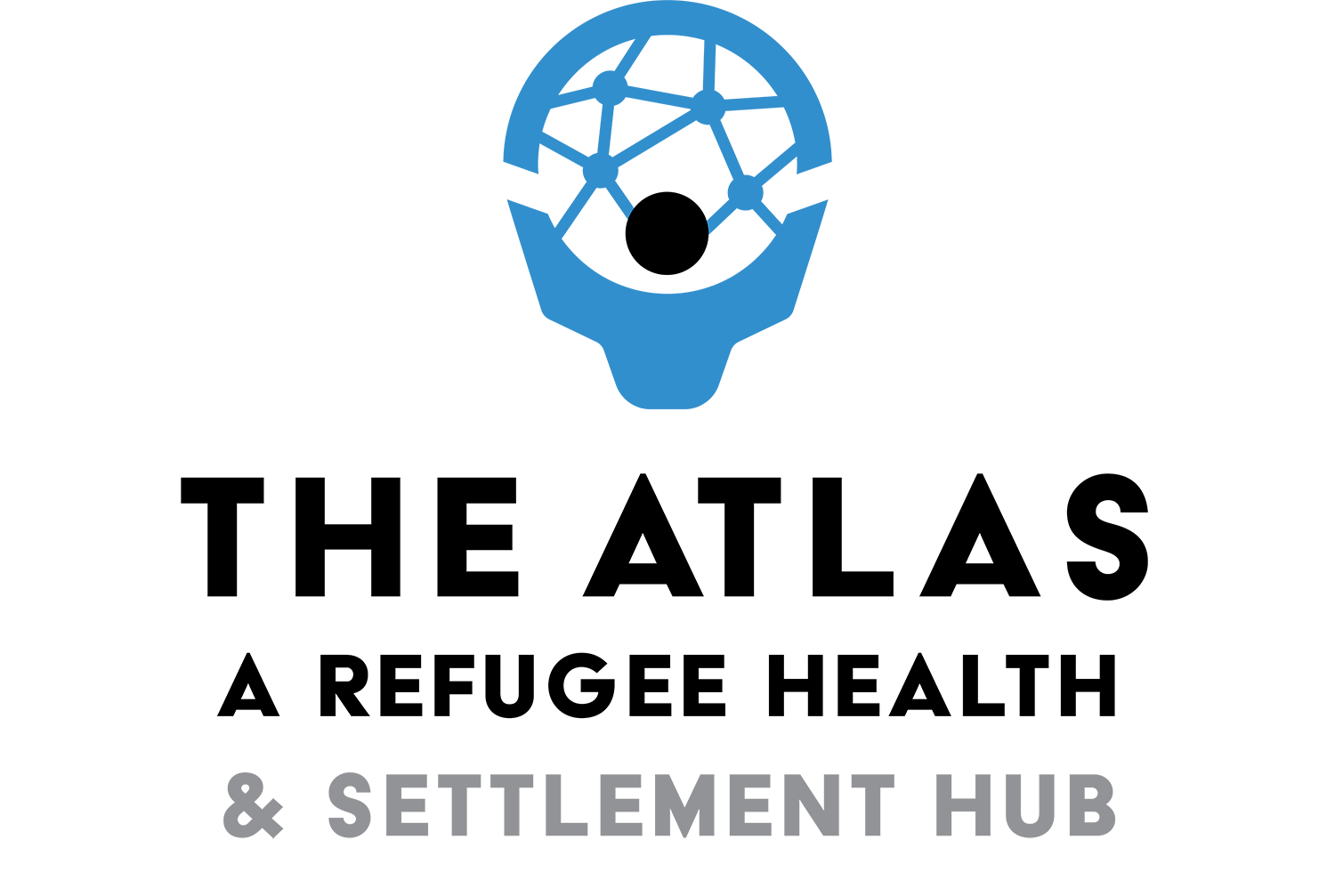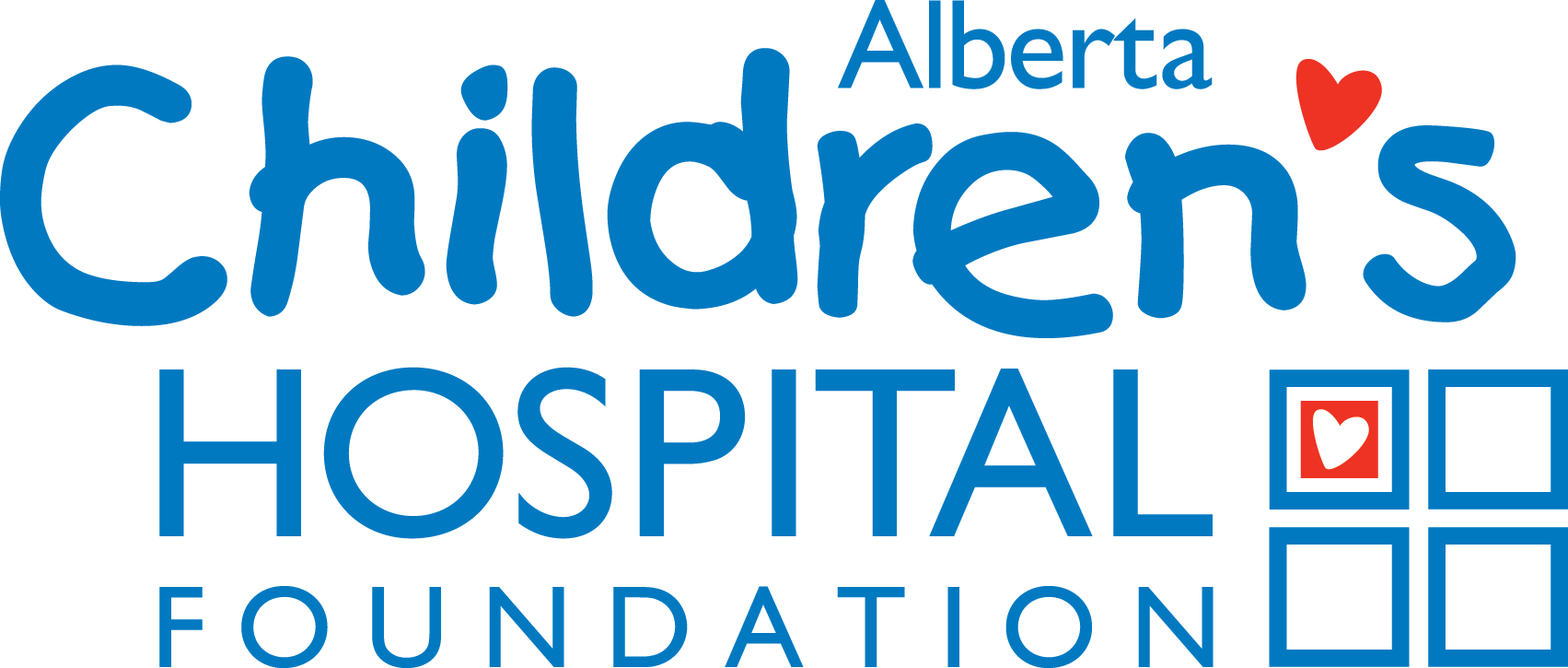Community Scholar Corner
October 26, 2020
Worldwide, Covid-19 outbreaks in meat packing facilities have made headlines. From Germany, the United States, Brazil, and right here in Canada, meat packing plants have quickly become a new “hot spot” for Covid-19. At least 10 countries worldwide have reported Covid-19 outbreaks in meat packing facilities, making this an issue of global public health concern 1, 2, 3, 4 . Meat packing facilities, also commonly referred to as meat processing plants, slaughterhouses, or abattoirs, provide an essential service in ensuring consumers have access to necessary meat products. Furthermore, these facilities often provide meat products for large scale commercial use, requiring several people to ensure the plants operate smoothly. As such, meat processing plants also provide a source of employment for the communities in which they are located. From a global perspective, outbreaks in meat plants were not isolated to one geographic area. In Europe, Germany, the United Kingdom, France, Italy, Ireland, and Belgium are all among countries that reported outbreaks of Covid-19 within meat processing plants 1 . Notably, the largest meat packing plant in Germany had over 1500 positive cases as of June 2020 1,2,4 . A scientific investigation into this Covid-19 outbreak suggested that environmental factors within the facility, including cooler temperatures and reduced airflow, contributed to the spread of disease 4 . In South America, Brazil was the hardest hit, with media reports of 4957 cases reported from 13 facilities in one state alone . Similarly, North American meat processing plants also reported outbreaks. In July 2020, the Centre for Disease Control in the United States reported a total of 16 233 cases of Covid-19 and 86 deaths among the 525 000 employees of 3500 meat processing facilities in the country 3 . In Canada, clusters of Covid-19 associated with employees of meat packing plants were identified in Ontario, Manitoba, and Alberta 6, 7 . Specifically, an outbreak at a meat processing facility in Alberta resulted in at least 1550 positive Covid-19 cases, becoming the centre of Canada’s largest outbreak from a single source. While these instances occurred in vastly different regions, the outcome was the same: outbreaks of Covid-19 have been associated with meat processing facilities. While it is unclear exactly what is causing these outbreaks, what is clear is who is being affected: the workers. Interestingly, a pattern that persists across geographical lines is the population of those who are employed in these facilities. Employees in meat processing facilities disproportionately belong to migrant and refugee communities (collectively: newcomers) 1 . Given that this population already faces unique health challenges, marginalization, and discrimination, compounded by emerging evidence that racialized communities face a higher burden of Covid-19 3 , the need to understand how these outbreaks occur has never been greater. Though speculation and informed guesses have been made, several questions remain surrounding what caused these outbreaks in the first place. Some reports have cited crowded living conditions and lack of health literacy as factors contributing to Covid-19 outbreaks among meat processing plant employees 1 . Other reports have highlighted environmental conditions within such facilities which promote the transmission of Covid-19 among workers 4 . Still, other proposed causes of these outbreaks include miscommunication, language barriers, and lack of preventative measures in the workplace, such as PPE 3 . In light of these unknown factors and the urgency to understand this issue, Refugee Health YYC is leading the first scientific investigation of Covid-19 meat plant outbreaks in Canada. Now, more than ever, it is necessary to conduct a rigorous and scientific investigation to explore the factors contributing to this global trend. Focusing on the outbreaks in three Alberta meat packing plants, the RHYYC study aims to understand: Why it Spread? How did it impact those affected? What was the response? The findings from this study have implications at the level of local, national, and global health systems. Understanding these outbreaks will help to inform sustainable economic recovery, as well as promote health equity for newcomer communities. This information will also help to determine effective measures to prevent future outbreaks of Covid-19 in meat packing plants. Many Canadians watched and cheered as essential workers were applauded for their service at the beginning of quarantine, some six months ago. However, a perhaps overlooked segment of the essential service workforce were the employees in the meat packing industry who continued to supply our tables and grocery stores with food. Ultimately, this research will help to ensure that all essential workers, including our newest Canadians and their families, can enjoy the right to live, work, and play in safe healthy environments. https://effat.org/wp-content/uploads/2020/06/EFFAT-Report-Covid-19-outbreaks-in-slaughterhouses-and-meat-packing-plants-State-of-affairs-and-proposals-for-policy-action-at-EU-level-30.06.2020.pdf https://www.bbc.com/news/world-europe-53177628 Waltenburg MA, Victoroff T, Rose CE, et al. Update: COVID-19 Among Workers in Meat and Poultry Processing Facilities ― United States, April–May 2020. MMWR Morb Mortal Wkly Rep 2020;69:887-892. DOI: http://dx.doi.org/10.15585/mmwr.mm6927e2 Guenther, T., Czech-Sioli, M., Indenbirken, D., Robitailles, A., Tenhaken, P., Exner, M., … Brinkmann, M. (2020). Investigation of a superspreading event preceding the largest meat processing plant-related SARS-Coronavirus 2 outbreak in Germany. SSRN Electronic Journal. https://doi.org/10.2139/ssrn.3654517 https://www.theguardian.com/environment/2020/jul/15/brazil-meat-plants-linked-to-spread-of-covid-19 https://www.ohscanada.com/covid-cases-among-manitoba-meat-plant-staff-no-closure-planned/ https://www.albertahealthservices.ca/topics/Page17115.aspx








